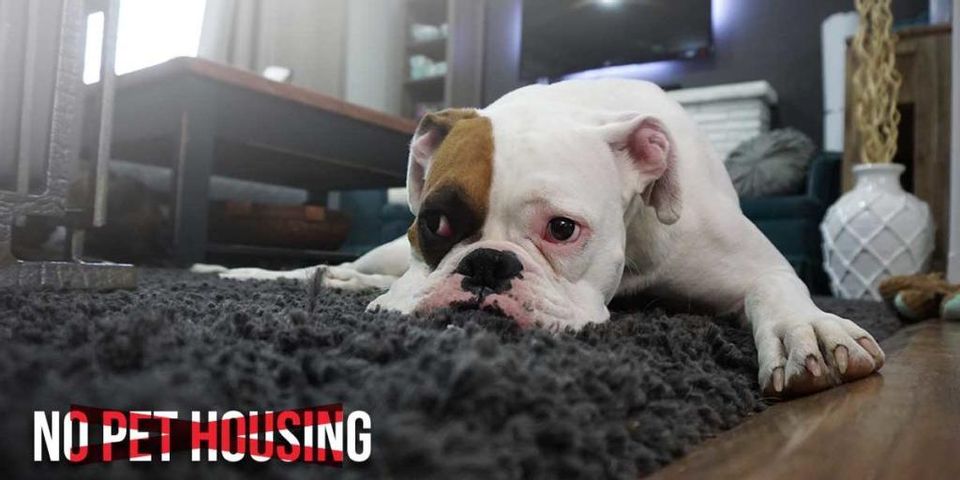Recently Settled Lawsuit Over Assistance Animal - What It Means For Landlords
By HMI

While the following article pertains to a lawsuit in California...it does have relevance for community associations in Florida, as the issue is governed by federal law.
In an earlier post, we warned landlords and property managers risk legal jeopardy if they do not make reasonable accommodations to disabled tenants that have a documented assistance or service animal. Here’s a case in point. In a press release by the U.S. Department of Housing and Urban Development (HUD), the agency announced Northern California landlords have settled a fair Housing Pet Discrimination Case for $72,000.
It was alleged that the owners of the properties (Shultz Investment Co.) along with its property management company and leasing agents, discriminated against a female tenant with disabilities who required a service dog at the Bon Air Apartments in Greenbrae, California. The animal alerts the resident when she is experiencing physiological changes and helps ameliorate many of her disability-related symptoms.
A fair housing group also claimed the disabled woman was subject to discriminatory statements and retaliation because of the presence of her assistance animal. This included accusations that the dog was disruptive and bit maintenance workers, which HUD found to be false in their subsequent investigation.
Aside from the $31,000 paid to the resident and $41,000 going to The Fair Housing Advocates of Northern California, the owners and managers agreed to develop and implement a reasonable accommodation and modification policy that is in accordance with fair housing law.
The settlement should put rental property owners and property managers on notice that HUD is taking this topic seriously. Disability is the most common basis of fair housing complaints filed with HUD and its partner agencies. Last year alone, HUD and its partners considered over 4,900 disability-related complaints, or more than 58 percent of all fair housing complaints that were filed. Many of these complaints are specific to service and assistance animals, which must be accommodated in housing.
In addition to the Fair Housing Act’s protections, HUD provided guidance in April 2013 reaffirming that housing providers must provide reasonable accommodations to people with disabilities who require assistance animals. HUD writes in the notice that,
“An assistant animal is not a pet. It is an animal that works, provides assistance or performs tasks for the benefit of a person with a disability, or provides emotional support that alleviates one or more identified symptoms or effects of a person's disability. Assistance animals perform many disability-related functions, including but not limited to, guiding individuals who are blind or have low vision, alerting individuals who are deaf or hard of hearing to sounds, providing protection or rescue assistance, pulling a wheelchair, fetching items, alerting persons to impending seizures, or providing emotional support to persons with disabilities who have a disability-related need for such support. For purposes of reasonable accommodation requests, neither the FHA nor Section 504 requires an assistance animal to be individually trained or certified.”
Landlords and property managers are to evaluate a request for a reasonable accommodation to possess an assistance animal in a dwelling using the general principles applicable to all reasonable accommodation requests.
In order to help you best serve the needs of disabled tenants or applicants, it’s vital to consult with an attorney that can explain the nuances of accommodating assistance animals and ensure your rental business is in compliance with the law.
Original article: https://www.linkedin.com/pulse/recently-settled-lawsuit-over-assistance-animal-bornstein-esq-/
With more than 45 years experience in the Central Florida area, Hara Community 1st Advisors has the expertise needed to efficiently manage your Condominium or Homeowner’s Association while providing the highest level of service to Boards and Owners. Contact HMI’s Regional Director Rick Michaud, or visit HMI online to learn more about their variety of client-customized services for community association management today.
About the Business
Have a question? Ask the experts!
Send your question

